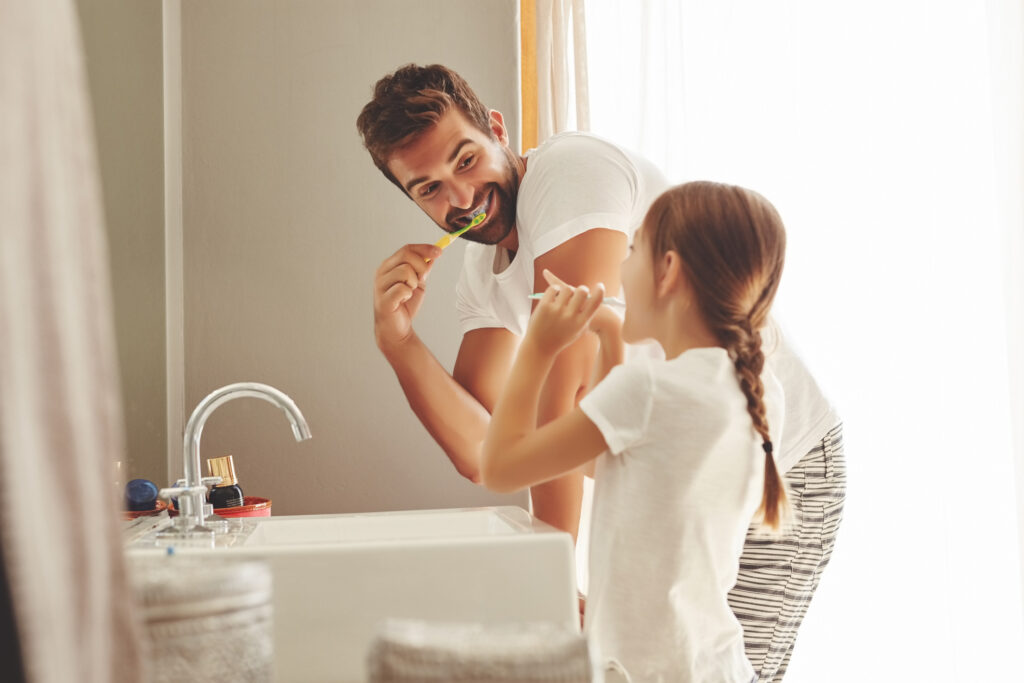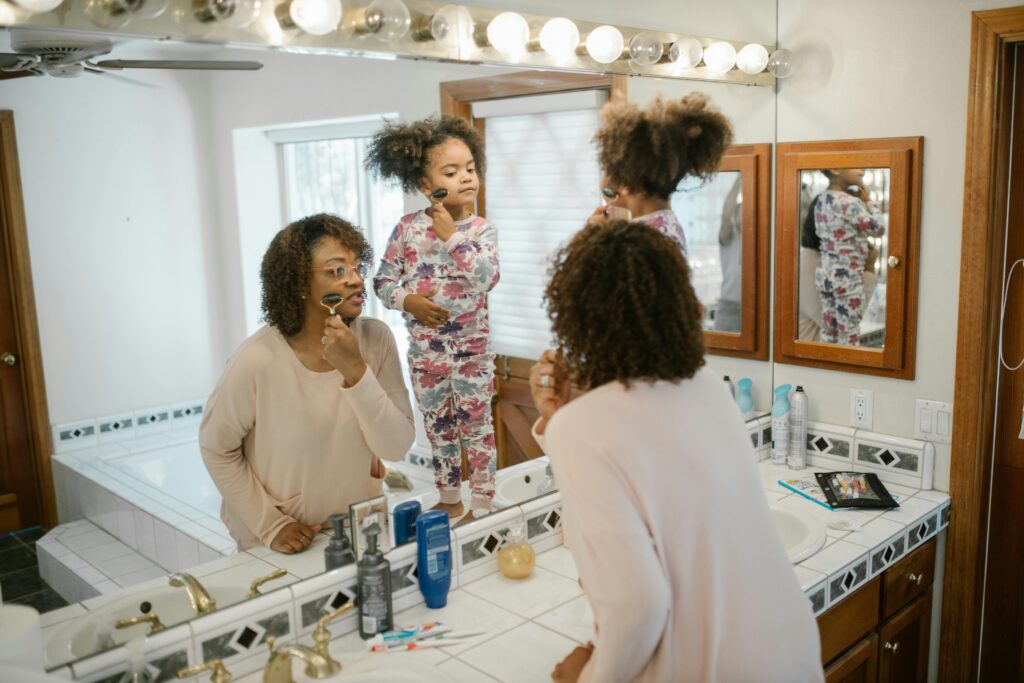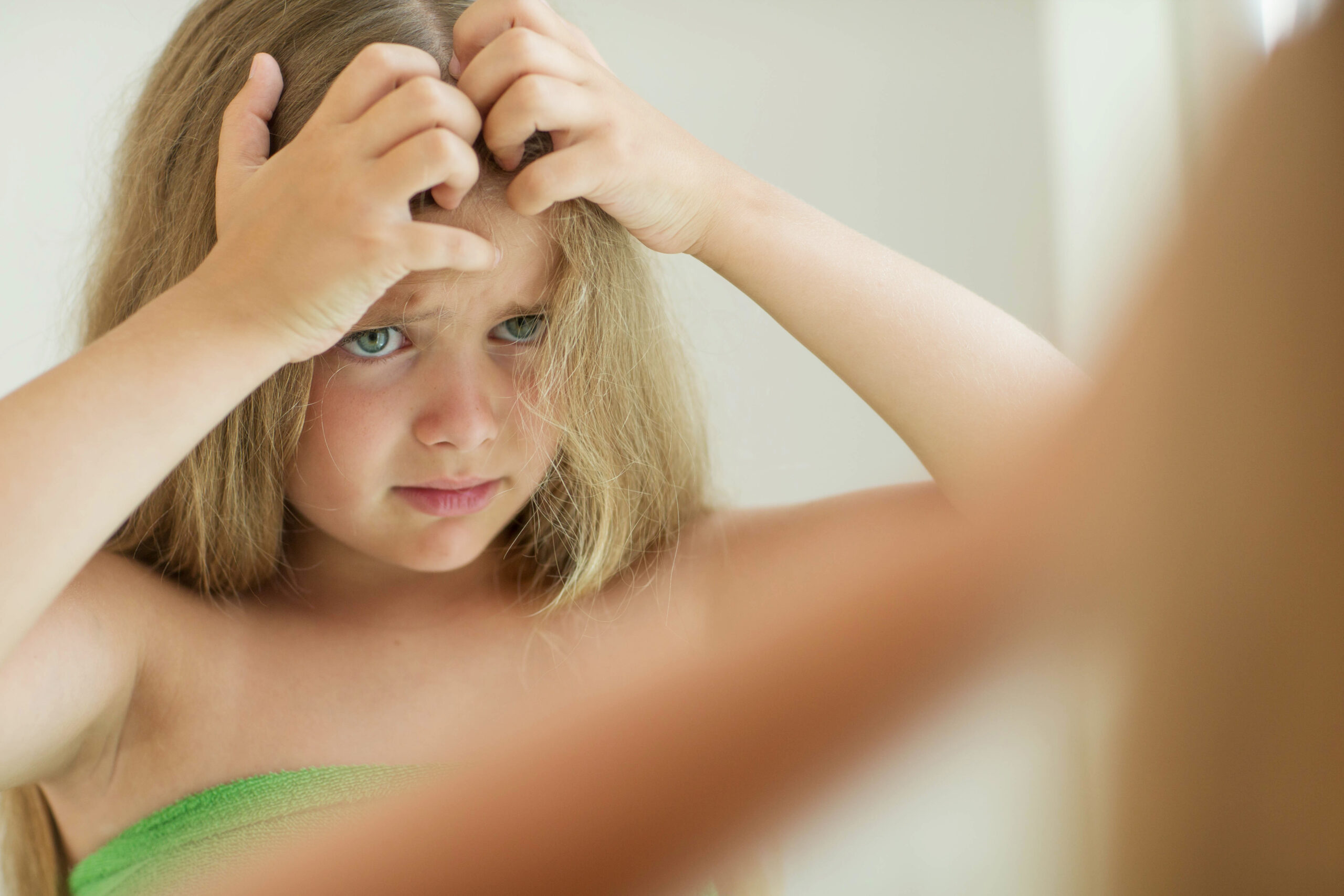Competence, empowerment, and independence are key elements that fuel an individual’s drive and motivation. Self-esteem and self-worth are built from small successes that reassure you that you are capable of bigger and better things. The same is true for children and young people, with parents and carers playing a significant role in helping them build their belief in themselves. Personal care, referring to daily tasks such as hygiene, toileting, grooming, and maintaining one’s appearance, constitutes ideal activities to build children’s confidence and independence. These repetitive tasks allow carers to act as role models and promote increasing independence by teaching children to perform these activities themselves, achieving small successes every day.
Understanding the connection between personal care and self-esteem in children is vital for parents and carers. For example, in my experience with my pre-schooler daughter, we find joy in daily activities like relaxing baths, practicing new hairstyles, learning how to use various bathroom products, and making brushing our teeth fun. While there was initial resistance, with love and patience, these activities have become enjoyable. Watching her grow more independent and confident in her personal care routines has been incredibly rewarding.
This blog post is a research-based guide that explores how fostering good personal care habits can enhance a child’s confidence and overall well-being.
The importance of personal hygiene

Personal hygiene is a foundational aspect of self-care that parents can teach their children. Regular habits such as bathing, brushing teeth, and washing hands are essential for maintaining health and hygiene. More importantly, these activities are integral to developing personal responsibility and routine.
According to a study published in the Journal of Paediatrics, children who consistently engage in hygiene practices from an early age often develop better self-regulation skills. Self-regulation is directly linked to how children manage emotions and impulses, which affects their self-esteem. For instance, learning to tie their shoelaces or brush their teeth without help can significantly boost a child’s morale and self-confidence. These small victories are crucial in their journey towards becoming self-assured adults.
Dressing and personal appearance

The way children dress and manage their appearance has a profound impact on their self-esteem. Clothing and personal grooming are expressions of identity that can affect how children perceive themselves and how their peers perceive them.
Studies, such as those in Child Development, highlight that allowing children to choose their clothes and hairstyles helps them develop their sense of identity and autonomy. Such choices can enhance their decision-making skills and promote a positive self-image. For example, a child who picks out their outfit for school feels a sense of accomplishment and pride, reinforcing their confidence in other areas of life.
The role of carers in supporting personal care
Carers are instrumental in nurturing children’s personal care habits. Their involvement can range from direct support, such as helping younger children bathe, to supervision, such as overseeing a child learning to floss. The key is to offer the right balance of guidance and independence, allowing the child to gradually take more responsibility for their care.
According to the American Journal of Clinical Psychology, positive reinforcement from carers when a child accomplishes a personal care task can significantly influence their self-esteem. For example, praising a child for brushing their teeth properly encourages them to take pride in their abilities and develop a positive self-image.
Personal care in early development

In the tender years of childhood, children perceive themselves through the caring gaze of their parents. The environment we cultivate and the affection we share deeply influence our children’s feelings of self-worth and confidence. Every act of personal care—whether teaching the basics of hygiene, guiding them through toileting steps, or helping them dress in a way that reflects their burgeoning personality—becomes a building block of their self-esteem.
Studies consistently demonstrate that how we communicate and interact with our children during these personal care routines plays a critical role in shaping their self-perceptions. When we patiently teach them how to wash their hands, brush their teeth, or comb their hair, we affirm their ability to care for themselves and respect their growing independence. These are pivotal moments where we lay the foundation for healthy self-esteem by showing trust in their capabilities and providing the tools they need to feel confident and secure in managing their appearance and hygiene.
Educational implications of personal care on self-esteem
The effects of personal care on self-esteem also extend into educational settings. Children who practice good hygiene and are confident in their appearance are more likely to engage positively with peers and participate in school activities. A study from the Educational Psychology Review suggests that children with higher self-esteem are better equipped to handle academic challenges and social interactions, which are critical for educational success.
Actionable steps for enhancing children’s self-esteem through personal care
- Introduce personal care early: Begin teaching children about personal care routines such as bathing, brushing their teeth, and hair and skin care from an early age. Explain the purpose of each product and routine, showing them how it helps keep them clean and healthy.
- Make routines fun and engaging: Turn personal care routines into fun activities. Use colourful, child-friendly products and play games or sing songs to make the process enjoyable. This not only makes routine care pleasant but also helps children look forward to taking care of themselves.
- Encourage self-application: Allow children to apply products themselves under supervision. Start with simple tasks like applying body lotion or brushing their hair. This encourages independence and gives them a sense of accomplishment, which is crucial for building self-esteem.
- Personalise care products: Have children choose their toiletries, such as toothbrushes or shampoo. This choice can make them feel more involved and responsible for their personal care, reinforcing the importance of regular hygiene practices.
- Use positive reinforcement: Praise children for taking initiative in their personal care. Positive reinforcement can boost their confidence and reinforce the importance of regular self-care.
- Set a good example: Children learn by imitation. Let them see you engaging in your personal care routines. This models the importance of self-care and normalises it as a regular part of life.
- Discuss the benefits: Regularly discuss how personal care contributes to overall health and well-being. Make the connection between clean, cared-for hair and skin and feeling good about oneself, emphasising the link between physical care and emotional health.
- Create a routine chart: Develop a visual chart that outlines the steps of their personal care routines. This can help children remember what to do and when to do it, fostering independence and responsibility.
- Respect their preferences: As children grow, they might develop preferences for certain products or routines. Acknowledge and respect these preferences, which support their growing independence and self-identity.
- Normalise mistakes: When spills or mishaps occur during personal care routines, treat these as learning opportunities rather than failures. This approach teaches resilience and encourages children to try again, reinforcing that mistakes are part of the learning process.
By integrating these actions into daily routines, parents can effectively use personal care as a tool for boosting children’s self-esteem and independence.
The link between personal care and self-esteem in children is clear and significant. By supporting children in their personal care routines, carers can help them develop not only crucial hygiene habits but also instill a strong sense of self-worth and confidence. This foundation is essential for their development into healthy, well-adjusted adults. Engaging in these practices promotes physical well-being and builds a positive framework for emotional and psychological growth.
For further reading, consider exploring the following resources:
- Journal of Paediatrics: Research articles on children’s health and development.
- Child Development: Insightful analyses of the psychological aspects of child development.
- American Journal of Clinical Psychology: Articles on the psychological impact of early childhood development.
These resources provide comprehensive research findings that delve deeper into the nuances of how personal care routines impact child development and self-esteem.



